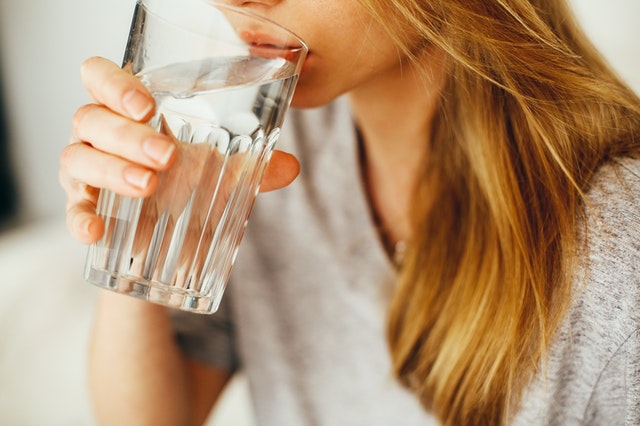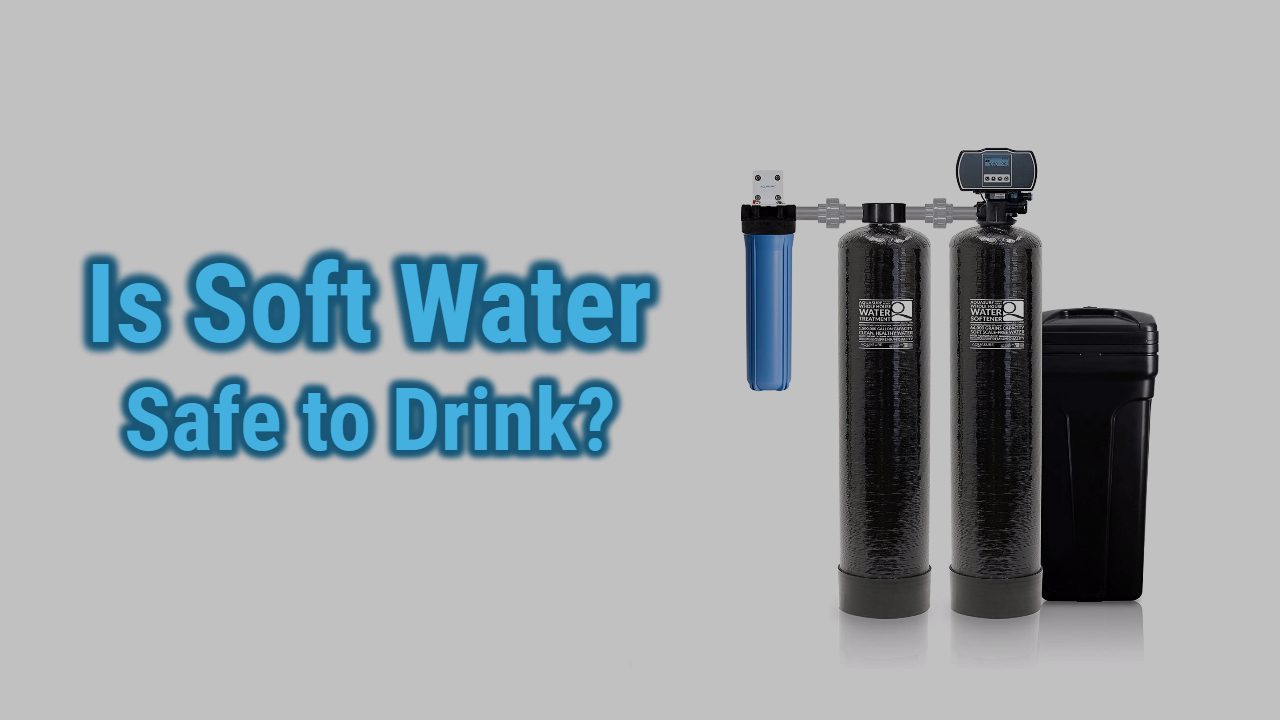Water is easily available around the world, but clean water is what really matters. However, today water is also becoming scarce due to global warming, pollution, desertification, human encroachments, and so forth. Water is something we all can’t stay without. In fact, the world can’t stay without it.
Water is a very crucial element in our lives. We use it every day in different forms. A common problem faced by many households, industries regarding water is, why is our water getting hard day by day? Does the water softening system really soften the water and make it fit for drinking.
Today, having clean and quality water is challenging. Water in no form is clean naturally due to various reasons. Oceans, seas, ponds, wells, water channels, etc., all have been contaminated.
And this water, without being treated or purified, cannot be considered fit for drinking. If we go back a decade or so, this was not the problem; rain waters, groundwater, etc., were considered safe to drink without even purifying it.
A simple cloth filter or boiling the water used to be done. At that time there weren’t many options and easily available filters and softeners. If they were available also, it was either an expensive or complicated setup, which required technical knowledge.
In this very article, we will try to understand if drinking soft water is safe for us or not. We will explore all angles to see what is the exact case with a water softener. Does it really make the water fit for drinking, does it really remove harmful elements, does it do what it is made for doing, and other aspects?
Table of Contents
IS SOFT WATER SAFE FOR DRINKING?

Practically, soft water can be used for drinking, and it is safe as well. There is no harm in drinking soft water, but there are few things to keep in mind while drinking soft water. Soft water is that water where minerals like magnesium and calcium are removed and replaced with sodium. The addition of sodium to water makes the water salty.
So, soft water is generally considered to be higher on salt. It is advised that a person who is allergic to salts, a person who has high blood pressure levels, a person following dietary guidelines, etc., should avoid drinking soft water. Since a water softener primarily removes minerals from hard water, it is devoid of many minerals and nutrients and is high in sodium. This is why soft water is not the water everyone can drink.
Here, we would like to give you a suggestion; if that helps, if sodium content is a matter of concern for you, then you can look for potassium water softeners in the market. Potassium can get rid of salts in the water. Or using a salt-free water softener will also do the work.
Overall, soft water is safe to drink, and there is no harm in drinking this water. However, If your water is below 400 parts per million in salt content, then you can drink the water, but if it is above 400 parts per million, then it’s not fit for drinking.
Talking about the water taste, soft water tastes a bit salty, which is quite normal but still, many of them don’t like the taste and many of them like it. There are other few things to be kept in mind, which we have already discussed in the above paragraph.
DOWNSIDES OF DRINKING SOFT WATER.
- Water softener lacks nutrients and minerals like calcium and magnesium. In this case, you need other sources to complete your required nutrient dose.
- This water has extra added sodium (salts), for many salts in water is not a good option and can have consequences on an individual’s health.
- During the water softening process, other unwanted chemicals can develop, so you may require another filter. For example, you may need to install the Reverse Osmosis filter system.
- Drinking water with high sodium content can lead to adverse effects on your eyes, blood pressure levels etc.
- Regular cleaning and maintaining the resin tank is important to keep the virus and fungus away.
- It utilizes and wastes a lot of energy.
BUSTING MYTHS ABOUT SOFT WATER
- The content of sodium in your water is not too high, so it’s okay if you drink soft water.
- Water Softener is not a purifier, and it only softens your hard water.
- It is absolutely safe to drink and utilize soft water for various other purposes.
- There is a high misconception regarding water softeners removing minerals like calcium and magnesium from the water. But the truth is these minerals are inorganic substances, and even if you drink hard water, your body won’t take these minerals. So removing or not removing these minerals are more or less the same thing.
SHOULD PEOPLE BE CONCERNED ABOUT SALT CONTENT IN SOFT WATER?

It is normal to find salt even in general water, which we use. And when it comes to soft water, the content of salt is not as much as it should be of concern.
It is said that soft water roughly contains about 45mg/l of salts, which means 45 milligrams per liter which are considered fine. As stated above, soft water is fit and safe to drink, and there is no harm in drinking soft water.
However, there is advice for people to take caution while drinking soft water and monitor their salt intake. It is further advised that people having high blood pressure levels, people with salt allergy, people allergic to eyes and skin, etc., should categorically avoid using saltwater.
BENEFITS OF SOFT WATER.
- Makes your water fit for drinking by removing hard elements called hard water.
- Sodium is added, which makes the water soft; hence water can be used for different purposes like washing, cooking, drinking, etc.
- It saves you from scaling your pipes and systems.
- The salt content in water is good for many as well as bad.
- Since your water is soft, you can even further filter the water using RO or Distillation. This process will be done very easily without any pressure on the machine.
CONCLUSION
By now, it is a well-known fact that soft water is safe to drink. We have specifically discussed the benefits of soft water. It is a well-proven technique that soft water is good for drinking and other purposes.
It is just that some health concerned person should avoid drinking soft water as it contents salt, which can become a health consequence. There is also a way where you can get rid of saltwater. Simply go and get your potassium-based salt-free softeners at your nearest market.
Potassium is free of salt and is as healthy as other softeners. Moreover, the soft water has other benefits such as it gives you smoother skins, keeps scaling of pipes and pumps away, it also prevents pipes and utensils from catching that stingy white stains.
So folks! You can go ahead and install and use a water softener without giving it a second thought. It is safe, clean, drinkable, and free from scaling, and above all, it is healthy.
Related Articles:
Salt Vs Salt-Free Water Softener
Water Conditioner Vs Water Softener
How Long Do Water Softeners Last
How to Know If Your Water Softener is Working?
